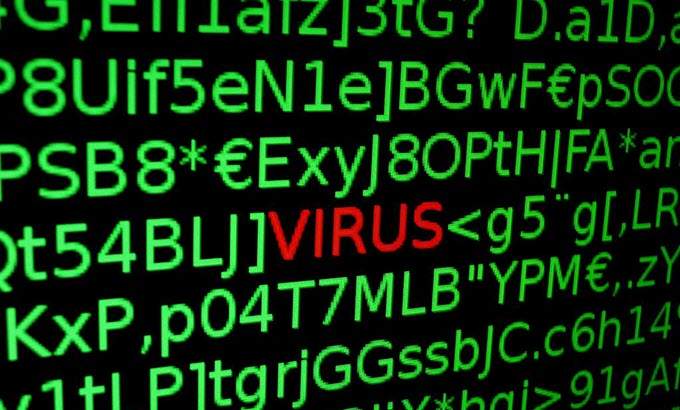Cryptojacking is a bit like ransomware, but stealthy and potentially worth more money to the criminals that use it. While ransomware takes your data hostage until you pay the ransom, cryptojacking uses your computer or phone’s resources to mine cryptocurrencies like Monero or Ethereum. You may never know that it is there. The only thing you might notice is that your computer isn’t working as well or fast as it used to.
Why is Cryptojacking a Big Deal?
You might be thinking, “If I won’t even notice cryptojacking, it doesn’t cost me anything, and it doesn’t harm anything, why should I care?” The money made from these sorts of criminal operations don’t just go to hacker’s living in the basement buying expensive booze and fancy watches. The money could be supporting organized crime or state-sponsored cyberwar. According to hackmageddon.com, over 81% of hacking events in 2018 were cybercrime based and almost 3% were classified as cyberwarfare. They’ve got to pay for all that hacking somehow.
How Does Cryptojacking Malware Get on a Computer?
Cryptojackers invade your computer in several ways. Sometimes you can get it from opening an infected attachment in an e-mail or clicking on a phishing link on a website. Or it might show up inside of a browser attachment that you installed for a legitimate reason. That’s like the traditional way that viruses were spread. If the cryptojacker gets on your computer this way, it will run in the background on your computer all the time, quietly digging up cryptocoins. The drive-by cryptojacking is more devious. It will hide on a website or in an ad just waiting to show up on your computer. Then it will start mining with your computer if you are on that website or that ad is showing. The cryptojacker is unloaded when you leave the site, leaving no trace that it was ever there.
Do I Have a Cryptojacker on My Computer or Phone?
It used to be obvious. Your CPU usage would spike to near 100% and your computer would crawl when you only had maybe one program open or just browsing a website. Hackers using cryptojackers are getting wiser though and it will get harder and harder to stop. When they first started, they would consume as much of your CPU power as they could. This alarmed people to its existence though. Now, they’re using less resources on any single computer, but trying to hit as many computers as possible.
How Do I Stop Cryptojacking?
Keep practicing good computer security and use your smartphone’s security features. Make sure you’re using an antivirus app, keep your operating system up to date, and allow your browser to update freely. Most major security apps have cryptojacker detection and protection now. Look at getting antivirus and security apps like ESET, Avast!, or Norton. If you want to make sure a drive-by cryptojacker isn’t running in your browser, you can try extensions for Chrome like Coin-Hive Blocker, No-Coin, or minerBlock. Try No-miner or minerBlock for Firefox. All major browsers are continuing to bake-in security features with each update, so let those updates happen.
Is There a Good Use for Cryptojacking?
There might be. It could be used as an alternate revenue source to support web sites and apps. Some sites will ask you if they may use a javascript-based cryptominer on your computer while you’re on their site, some will not. The Pirate Bay, Salon.com, UFC.com, and others have tried this in the past. People did not respond well. As a method of revenue generating, it appears to have small gains for the high cost of user alienation.
The Future of Cryptojacking
Is cryptojacking going to be an ongoing threat? If cryptocurrencies continue to have real world value, it will. But how much of a threat will it be to you? Hackers are getting wiser. They’re realizing that stealing pennies from millions is much harder to stop than stealing thousands from a few. Cryptojacking will be a minor nuisance to you and your computer use. The social cost from it being used to fund more evil schemes may continue to grow. Do what you can to stop it. Keep your antivirus up to date and continue to update your operating system and browser. If most of us can do that, we’ll keep cryptojacking a minor threat.




